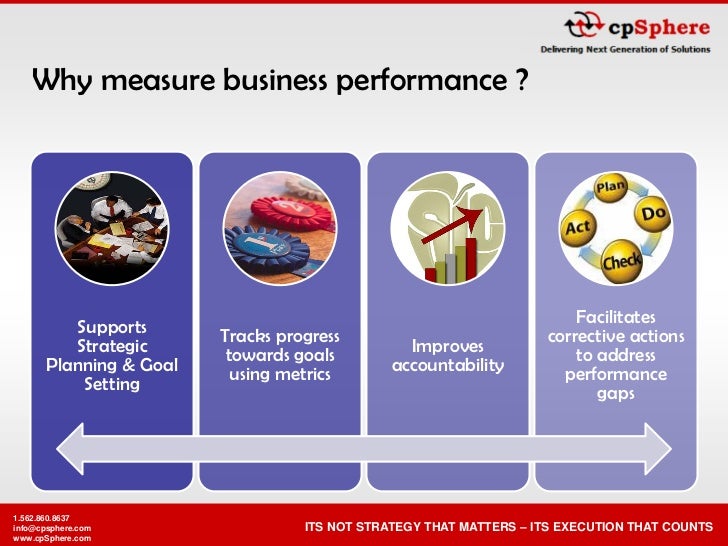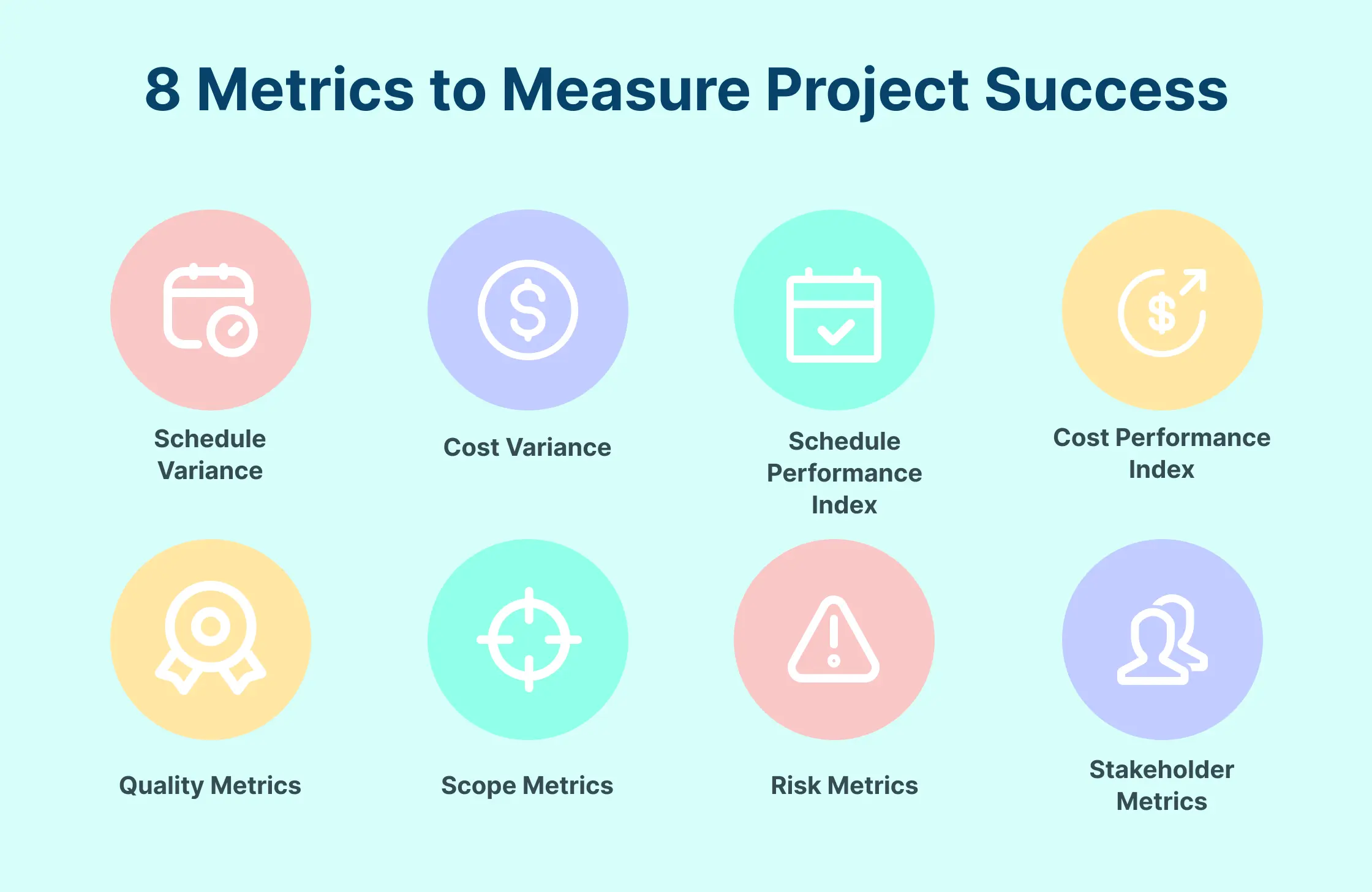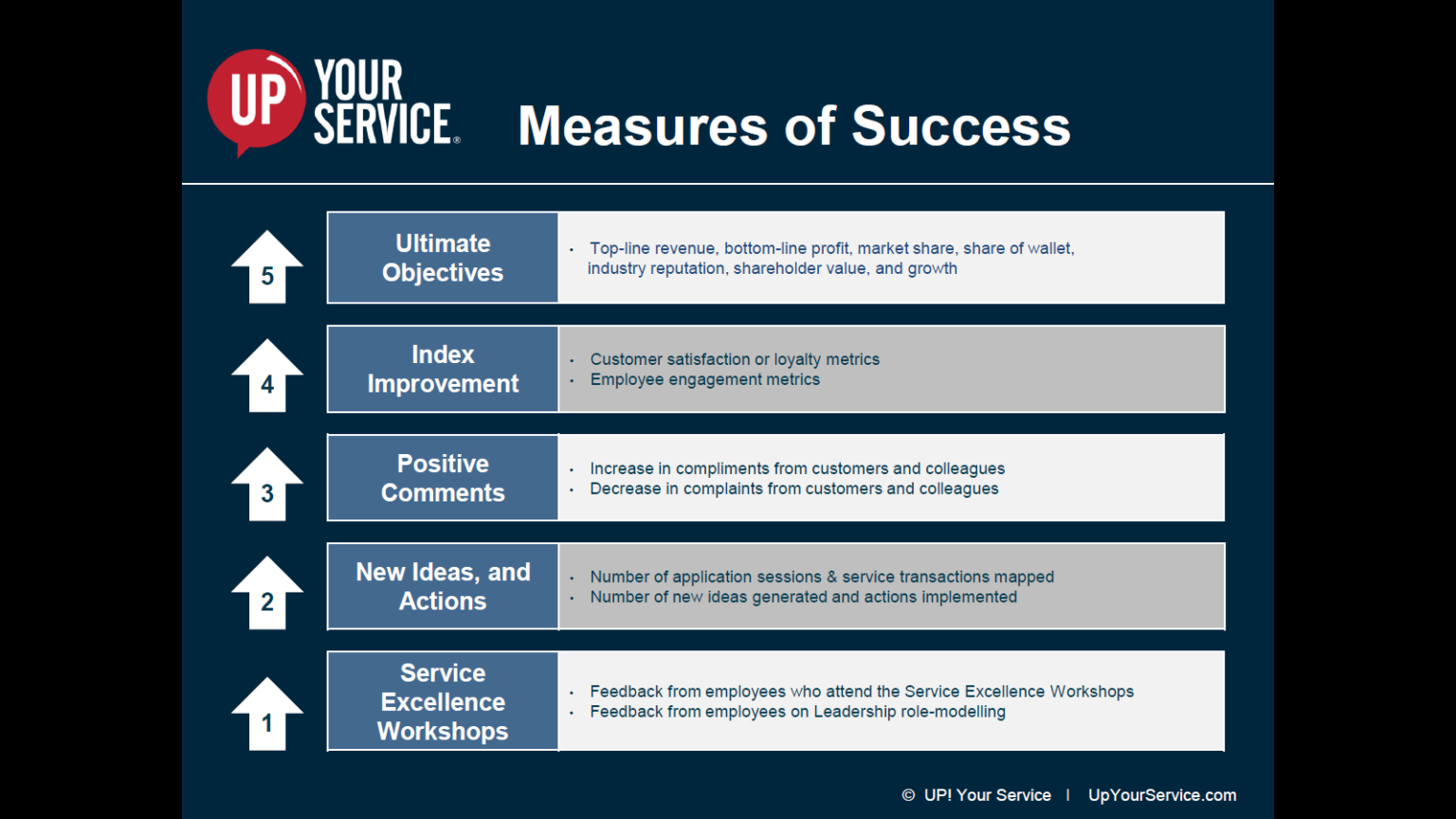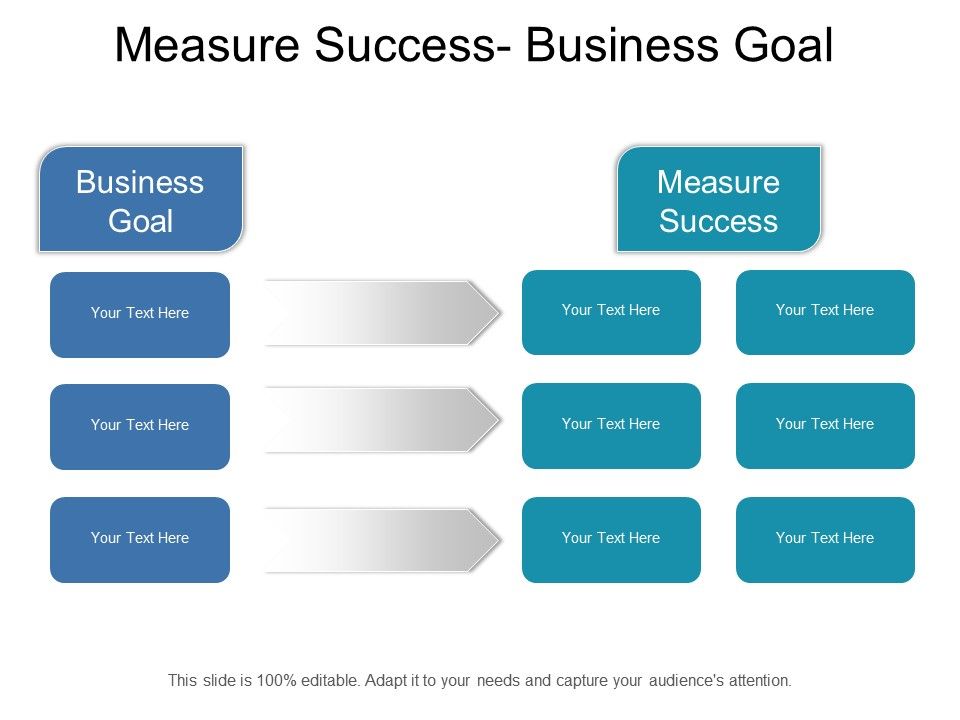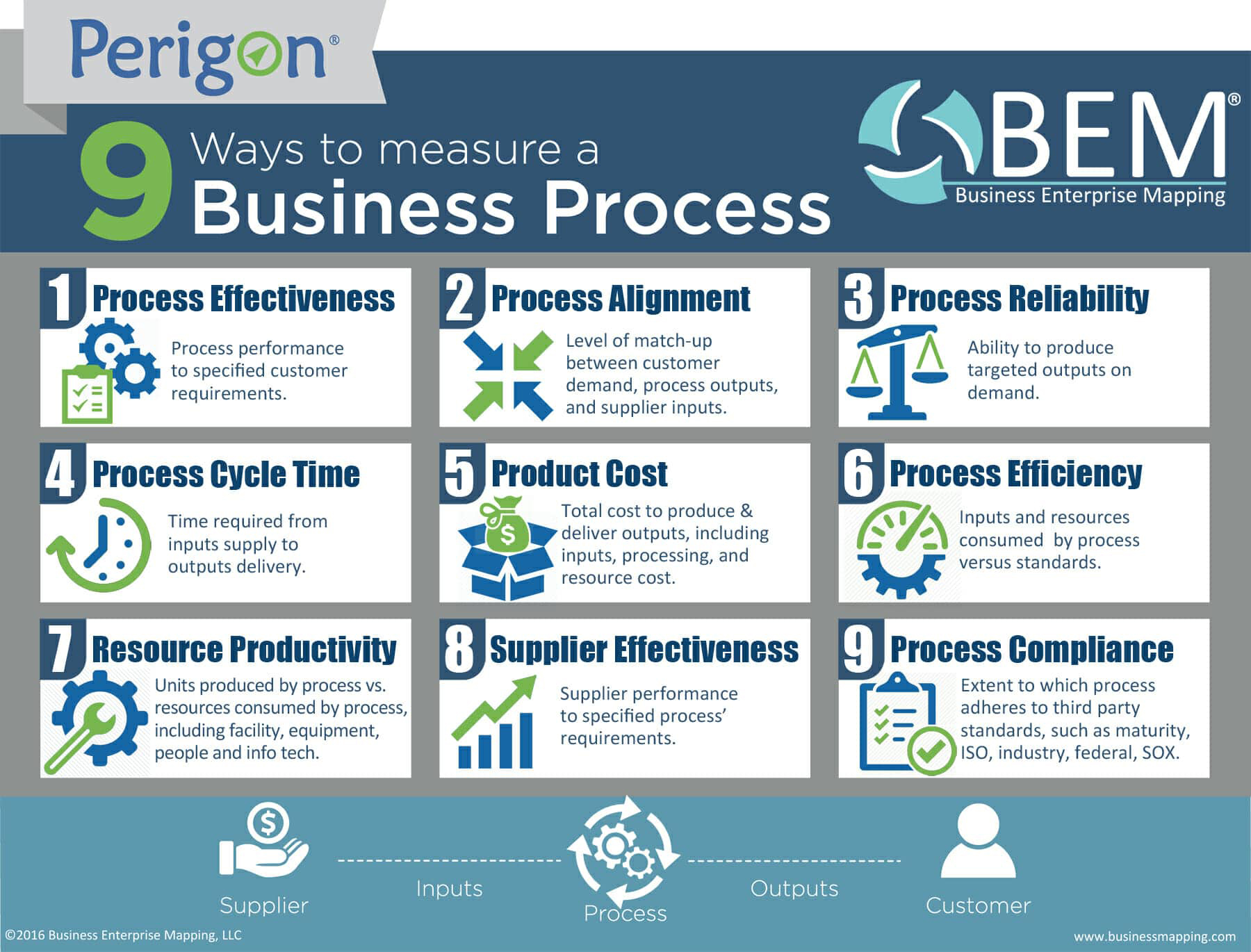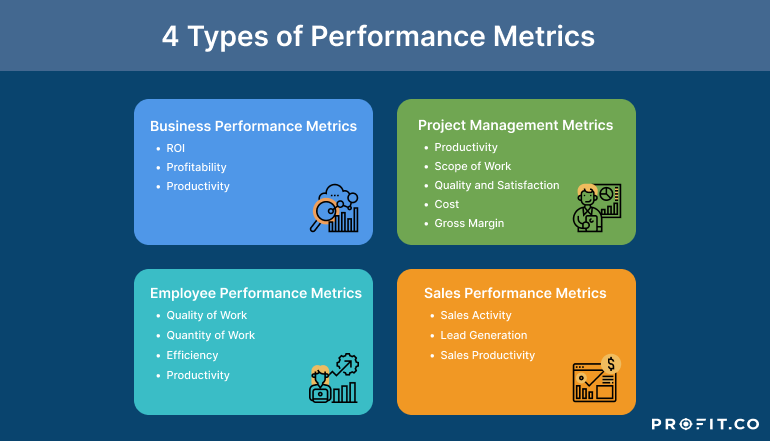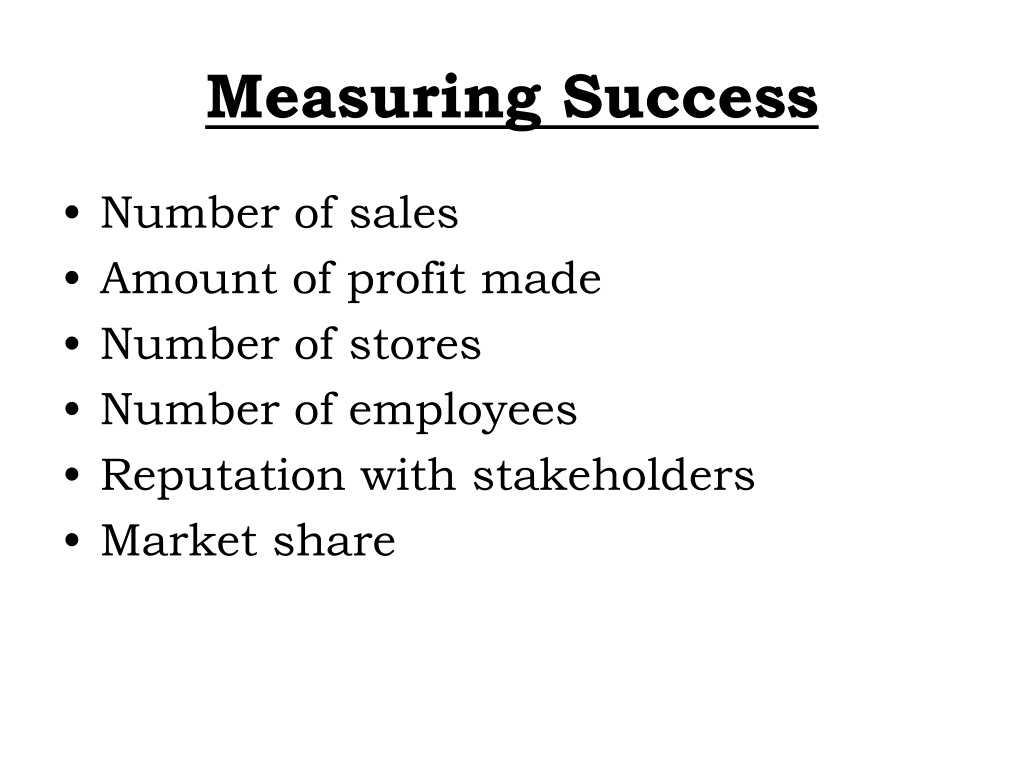How To Measure Success Of A Company

Companies worldwide are facing increased pressure to demonstrate tangible success beyond simply generating profit. Determining a company's true success requires a multi-faceted approach, encompassing financial health, customer satisfaction, employee well-being, and social impact.
This article breaks down the key metrics and methodologies for accurately measuring a company’s performance, providing a clear roadmap for stakeholders to assess true value and long-term sustainability.
Financial Performance: The Foundation
Traditional financial metrics remain vital. Revenue growth, profitability (net income, gross margin), and return on investment (ROI) are crucial indicators of a company's financial health. These figures provide a snapshot of the company’s ability to generate profits and manage its assets effectively.
Cash flow, specifically free cash flow (FCF), is a strong indicator of financial flexibility. Strong cash flow allows for investment, debt reduction, and shareholder returns.
Beyond the Balance Sheet: Intangible Assets
Ignoring intangible assets is a common mistake. Brand reputation, intellectual property, and customer loyalty are valuable assets often absent from balance sheets.
Measuring brand awareness through surveys and social media sentiment analysis offers insights. Tracking patent filings and licensing agreements quantifies the value of intellectual property. Customer Lifetime Value (CLTV) helps assess the long-term profitability of customer relationships.
Customer Satisfaction: The Lifeblood
Customer satisfaction is no longer a 'nice-to-have' but a necessity. High customer satisfaction directly correlates with customer retention and increased revenue.
Net Promoter Score (NPS) is a widely used metric to gauge customer loyalty. Customer satisfaction surveys, online reviews, and social media monitoring provide valuable feedback on customer experiences. Resolving customer issues quickly and efficiently drives satisfaction.
Employee Engagement: The Engine
Engaged employees are more productive and innovative. Employee turnover, absenteeism, and employee satisfaction scores are key indicators.
Conducting regular employee surveys and feedback sessions is essential. Investing in employee training and development demonstrates a commitment to their growth. Competitive compensation and benefits packages attract and retain top talent.
Social Impact: The Responsibility
Companies are increasingly being held accountable for their social and environmental impact. Measuring this impact is becoming crucial for attracting investors and customers.
Environmental, Social, and Governance (ESG) reporting provides a framework for assessing a company's sustainability efforts. Tracking carbon emissions, waste reduction, and community involvement demonstrates a commitment to social responsibility.
"Transparency and accountability are paramount when measuring social impact."
Data-Driven Decision Making
Effective measurement requires robust data collection and analysis. Utilizing data analytics tools and dashboards allows for real-time monitoring of key performance indicators (KPIs).
Regularly reviewing and adjusting strategies based on data insights is crucial. Ignoring data trends can lead to missed opportunities and potential risks.
Looking Ahead
The landscape of success measurement is constantly evolving. Companies must adapt their strategies to reflect changing societal expectations and technological advancements.
Implementing a holistic measurement framework that encompasses financial, customer, employee, and social impact is essential for long-term sustainability and value creation. This framework should be regularly reviewed and refined to ensure it accurately reflects the company's goals and priorities.
